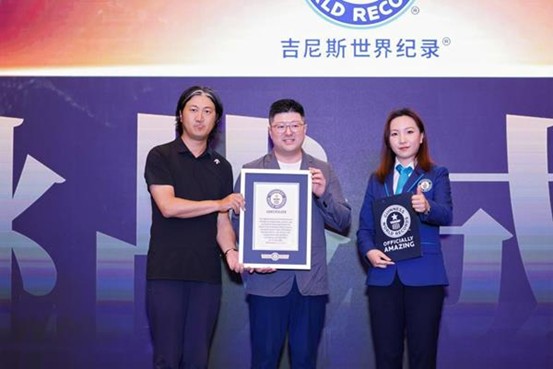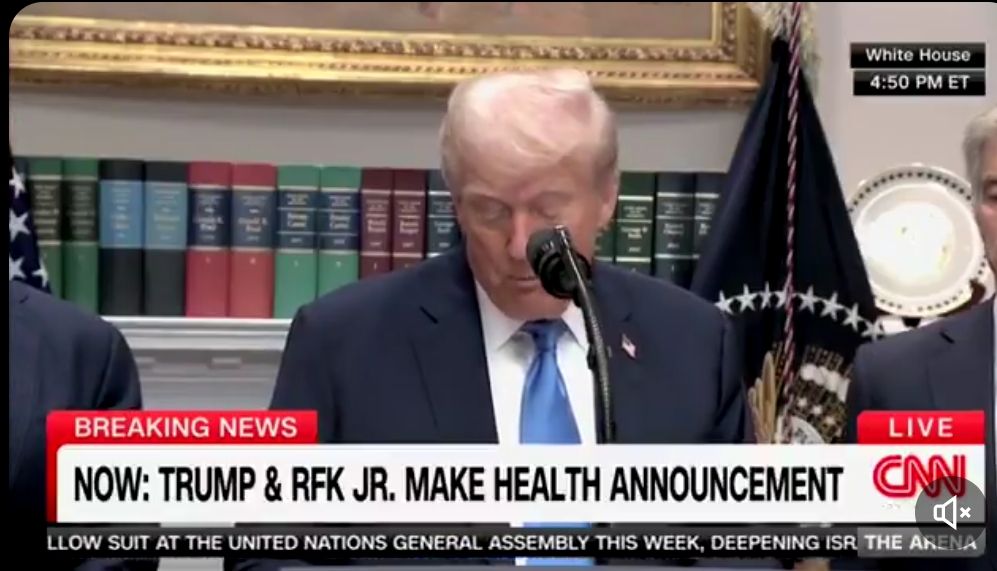FUZHOU, China, Sept. 24, 2025 (GLOBE NEWSWIRE) — Guinness World Records™ has officially awarded dentitude Pro, a next-generation dental glass-ceramic, the title of “Highest Three-Point Bending Flexural Strength of a Dental Glass-Ceramic.” Announced in Shanghai on September 8, 2025, this milestone is the first Guinness World Records recognition ever granted in the global dental ceramics industry, underscoring dentitude’s leadership in pushing the boundaries of dental material innovation.

Innovation from dentitude, Recognized Worldwide
At the ceremony, Dr. Zhongzhi Tang, Chief Technology Officer of dentitude, unveiled the science behind this breakthrough. dentitude Pro employs a proprietary “Dual-Phase Composition + Ion Exchange Strengthening” mechanism. By introducing two distinct crystal phases to form an interlocking grain structure, the material achieves significantly higher baseline strength. At the same time, ion toughening creates a compressive stress layer on the surface, delivering exceptional resistance against cracks.
Independent third-party testing confirmed a flexural strength exceeding 800 MPa—well above that of leading imported products.

A New Class of Biomimetic, High-Strength Dental Materials
Dr. Tang emphasized the motivation behind dentitude’s innovation. Globally, restorative dentistry relies mainly on two ceramic families: glass-ceramics and zirconia. Zirconia offers outstanding fracture resistance but can be overly hard compared to natural teeth, leading to accelerated wear of opposing dentition. Glass-ceramics, on the other hand, closely match the hardness of natural teeth, preserving wear balance and offering esthetics and bonding benefits—but they traditionally lacked sufficient strength.
dentitude Pro bridges this gap by combining the esthetic and bonding benefits of glass-ceramics with the toughness of zirconia. The result is a more balanced, durable, and biomimetic material for clinicians and patients worldwide.

About dentitude
dentitude, a renowned brand under Fuzhou High-Tech Zone Dentitude Technology Co., Ltd., focuses on the development and production of advanced dental glass-ceramic materials. As an innovative high-tech enterprise, we are committed to providing safe, efficient, and high-quality dental restoration solutions to laboratories, clinics, and hospitals worldwide.
dentitude products are well recognized for their outstanding performance in denture fabrication and processing, catering to the diverse requirements of fixed restorations, implants, veneers, and inlays. With strong expertise in materials science, dentitude delivers both aesthetic excellence and functional reliability, continuously advancing modern dental care.
Company: Fuzhou High-Tech Zone Dentitude Technology Co., Ltd.
Contact Person: Andy Tu
Email: info@dentitude.com.cn
Website: https://www.dentitude.com.cn/
Telephone: +86-17687337956
City: Fuzhou
Photos accompanying this announcement are available at
https://www.globenewswire.com/NewsRoom/AttachmentNg/25c9d1c9-e266-4b9b-b210-c41ff2650974
https://www.globenewswire.com/NewsRoom/AttachmentNg/74935ea7-975d-409a-9ebd-a5c48bf47e06
https://www.globenewswire.com/NewsRoom/AttachmentNg/24a41f1a-7afd-4020-a579-6192afee332f















